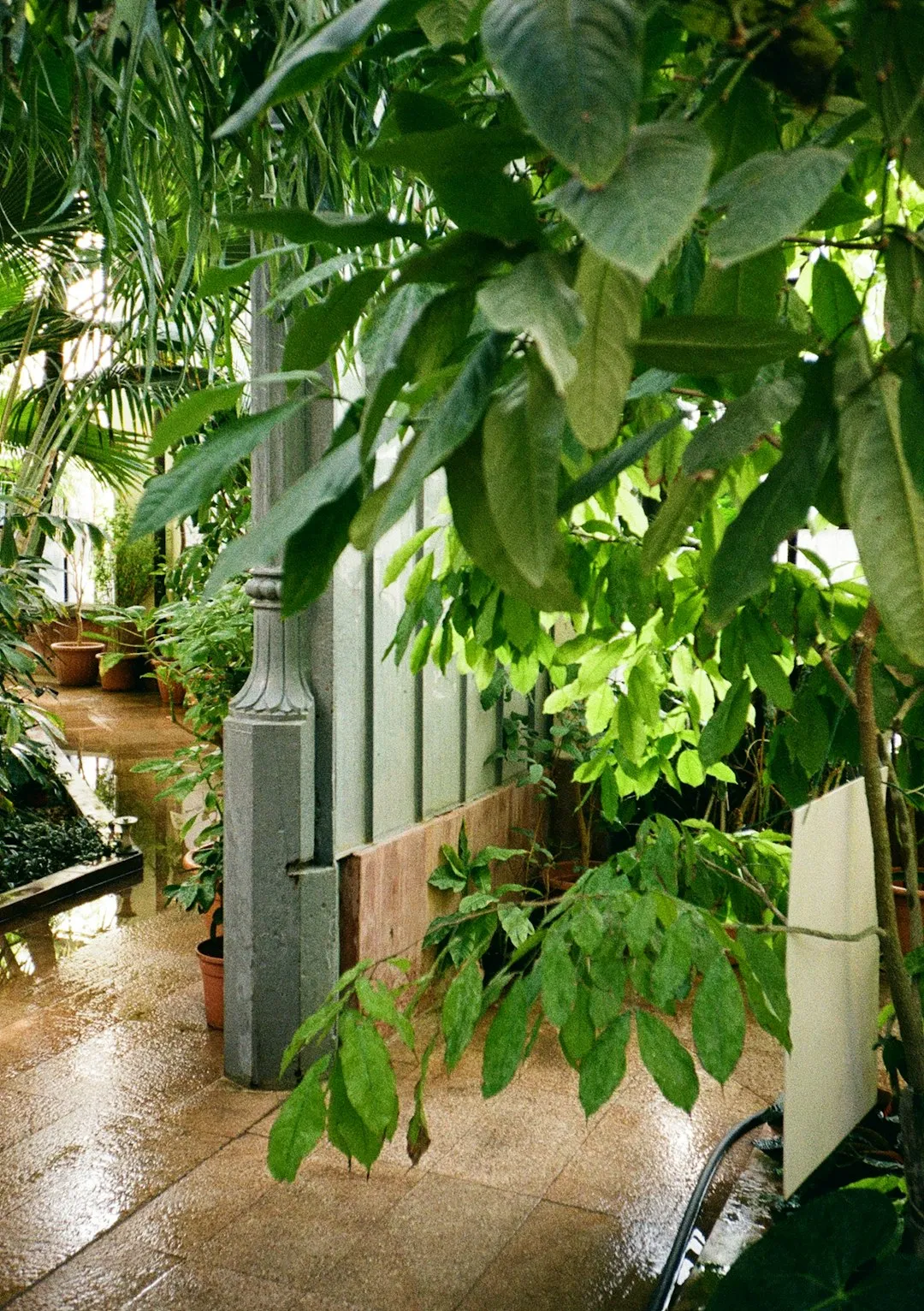Defending Your Garden from Furry Invaders

When you think of bunnies, the first thing that comes to mind is often their adorable appearance. With their fluffy tails, twitching noses, and big, innocent eyes, it's hard not to be charmed. However, these seemingly harmless creatures can turn into real troublemakers when they set their sights on your garden. Bunnies may be cute, but they can also be garden saboteurs, causing significant damage to your plants, flowers, shrubs, and vegetables.
One of the main reasons bunnies pose a threat to your garden is their voracious appetite. They are herbivores and will munch on a wide variety of plants. Young, tender shoots are particularly appealing to them, as they are easy to chew and digest. This means that your newly sprouted vegetables and delicate flower buds are at high risk. For example, lettuce, carrots, and tulips are among their favorite treats. Once they discover a good food source in your garden, they'll keep coming back for more.
So, how can you stop rabbits from feasting on your precious greenery? The first step is to understand their behavior. Rabbits are creatures of habit and tend to follow the same paths when they enter and exit a garden. They are also more active during the early morning and evening hours. By observing their patterns, you can start to develop a strategy to deter them.
One effective method is to create a physical barrier. Fencing is a classic solution. You can use chicken wire or hardware cloth to create a fence around your garden. The fence should be at least two feet high and buried several inches into the ground to prevent rabbits from burrowing underneath. Make sure the mesh size is small enough to keep the bunnies out. Another option is to use individual plant protectors. These can be made from plastic or wire and placed around each plant. They not only keep rabbits away but also protect the plants from other pests and harsh weather conditions.
Another approach is to use natural deterrents. Rabbits have a strong sense of smell, and there are certain scents that they find repulsive. For instance, garlic and onions have a pungent odor that can keep rabbits at bay. You can make a garlic or onion spray by blending a few cloves or bulbs with water and straining the mixture. Then, spray it on your plants. Other natural deterrents include chili powder, which can irritate their sensitive noses, and predator urine. You can purchase predator urine from garden centers, and spraying it around the perimeter of your garden can create the illusion of a dangerous predator, scaring the rabbits away.
Companion planting is also a great way to protect your garden. Some plants have natural properties that repel rabbits. For example, marigolds have a strong smell that rabbits don't like. Planting marigolds around the edges of your garden or among your vegetables can help keep the bunnies at a distance. Additionally, herbs like mint and lavender can also act as deterrents. Their strong scents can mask the smell of your more vulnerable plants.
If the problem persists, you may need to consider more drastic measures. Trapping can be an option, but it should be done humanely. You can use live traps baited with carrots or other rabbit favorites. Once you've caught a rabbit, you can relocate it to a more suitable area away from your garden. However, make sure to check your local laws and regulations regarding the trapping and relocation of wild animals.
In conclusion, while bunnies may be cute, they can cause a lot of damage to your garden. By understanding their behavior and using a combination of physical barriers, natural deterrents, companion planting, and, if necessary, trapping, you can effectively stop rabbits from eating your plants, flowers, shrubs, and vegetables. With a little effort and planning, you can enjoy a beautiful, bunny - free garden all season long.